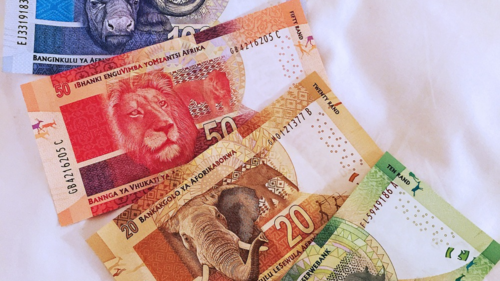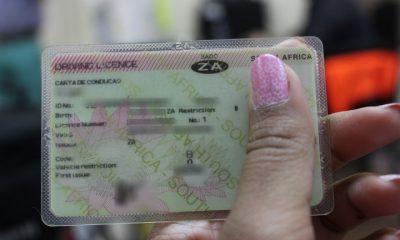News
Rand Stabilises as China’s Yuan Impacts

The South African rand has stabilised, with its performance closely linked to the developments in China, its major trading partner. The currency experienced fluctuations in its value, with the exchange rate remaining relatively unchanged at R19.07 per dollar in Johannesburg. China’s domestic currency, the onshore yuan, also stabilised around 7.28 as reported by Money Web.
Also Read: Fatal Lion Attack Claims Life of Man in Pretoria North Reserve
This stability has been influenced by the People’s Bank of China’s efforts to counter a weaker yuan through its daily reference rate. These measures, aimed at shoring up the Chinese currency, have offered some relief to the rand. Despite this stabilisation, the rand is on track for its worst August since 2018, having experienced a notable 6.4% decrease against the US dollar within the month.
The recent depreciation of the rand is attributed to growing concerns about China’s economic vulnerabilities. China is a significant market for South Africa’s exports, especially commodities. This decline in the rand’s value ranks it as one of the most substantial among developing-nation currencies for the current month, second only to Argentina’s peso.
Masayuki Nakajima, a senior EMEA FX strategist at Mizuho Bank based in London, highlighted the intricate connection between China and South Africa’s economies. He stressed that China’s influence extends beyond being South Africa’s primary export partner. Developments in China’s economy, particularly in sectors like real estate, ripple through to impact key South African exports like iron ore. Nakajima further noted that the robustness of the US economy, particularly in terms of consumption, along with the strengthening of the US dollar and rising interest rates, poses challenges to currencies of resource-rich and emerging economies, including the South African rand.
Shifting focus, Minister of Electricity Kgosientsho Ramokgopa expressed optimism in addressing energy shortages. In an interview with Bloomberg, he conveyed confidence that an additional 4,700 megawatts of power would soon be added to the grid. He also indicated plans to finalise a deal with the Chinese government during the upcoming BRICS summit. This deal aims to assist South African solar-power projects in securing access to panels, essential for addressing the nation’s energy crisis.
The persistent electricity shortages, which have led to rolling blackouts in South Africa, have been identified by experts as a major factor affecting the rand’s performance.
Looking ahead, there is a positive outlook for the rand’s prospects in the coming year. Mamokete Lijane, a global markets strategist at Standard Bank Corporate and Investment Banking, expressed strong confidence in potential gains. Much of this optimism stems from the anticipated improvement in electricity supply, a crucial determinant of South Africa’s economic stability.
Also Read:
Follow us on Google News
Image by Sharon Ang from Pixabay






















